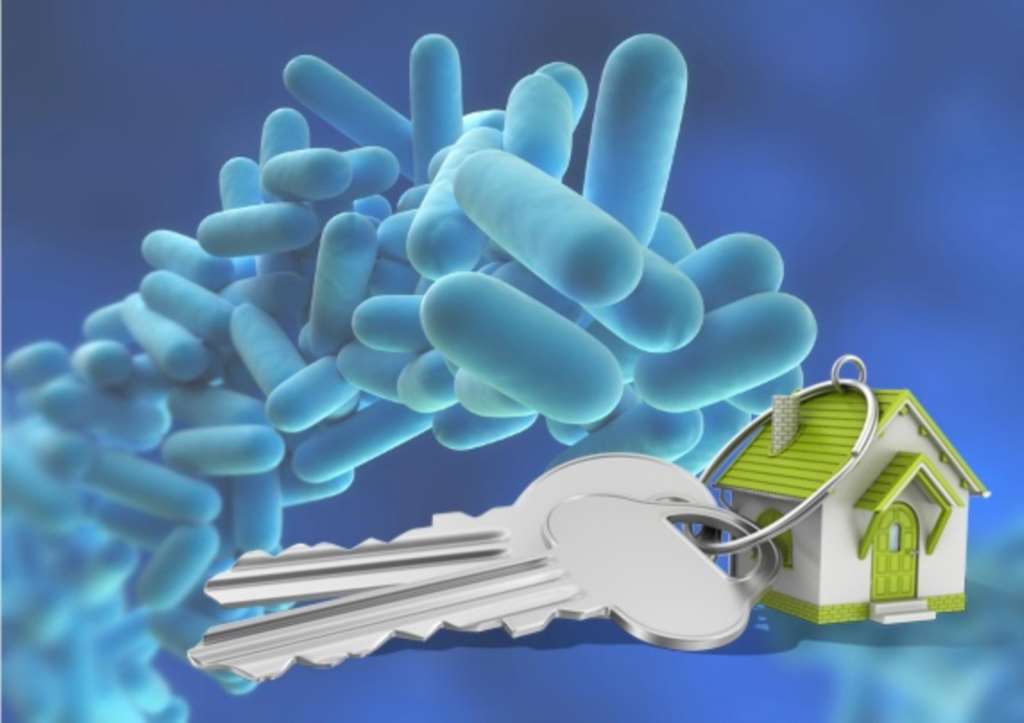
Date Published 12 December 2015
One of our new landlord clients this week, mentioned to me how his previous agent had pushed him to getting a Legionnaires Certificate on his property - 'new legislation' he said...'only £60' the agent added...
...No it's not new legislation I replied, although as a Landlord you do have a responsibility for keeping a check on Legionnaires' Disease, and went on to explain why...
And so this gave me an idea for this weeks post...a bit of clarification on this issue.
So, Health and Safety legislation requires that as a landlord, you carry out a risk assessment for the Legionella bacteria which cause Legionnaires' Disease, and thereafter maintain measures to minimise any risk.
Although this is a low risk, here at Hentons we also recommend that you should carry out an assessment and put in control measures, although this can be done by any competant person - like you - without the need for paying a company to come round.
Legionnaires' Disease itself is a pneumonia like illness caused by the Legionella bacteria and can be fatal, although this is very rare. The infection is caused by breathing in small droplets of water contaminated by the bacteria and is of note not passable from one person to another.
Legionella bacteria are found in the natural environment and may also contaminate and grow in water systems, including domestic hot and cold water systems.
They can survive low temperatures and thrive at temperatures between 20 - 45°C if the conditions are right. They are killed by high temperatures at 60°C or above.
Many letting agents misinterpret or misunderstand the responsibilities regarding legionella risks and think it is a legal requirement to have legionella testing certificate - this is incorrect. Legislation has not been changed and any agents who insist on their landlords paying for a legionella testing certificate is wrong, especially if they are making a profit from it.
Legionella testing is generally not required in domestic hot water systems and then only in exceptional circumstances. Landlords are simply under a duty to ensure that the risk of exposure to Legionella is properly assessed and controlled, and so there is no reason why as the landlord, you should not carry out this risk assessment yourself.
Simple control measures include flushing out the water system by running all outlets for at least 2 minutes where the property has not been used for a while, avoiding debris getting into the system (e.g. making sure cold water tanks, if installed, have a tight fitting lid), setting controls so that the hot water is heated to and stored at 60°C, the removal of any redundant pipe work and advising tenants to regularly clean, descale and disinfect shower heads.
If you would like the ‘Legionnaires disease guidance for tenants and residents' and ‘Legionnaires disease risk assessment guidelines' then please call the Hentons office on 01277 500800 or email us at lettings@hentonsresidential.co.uk
TK